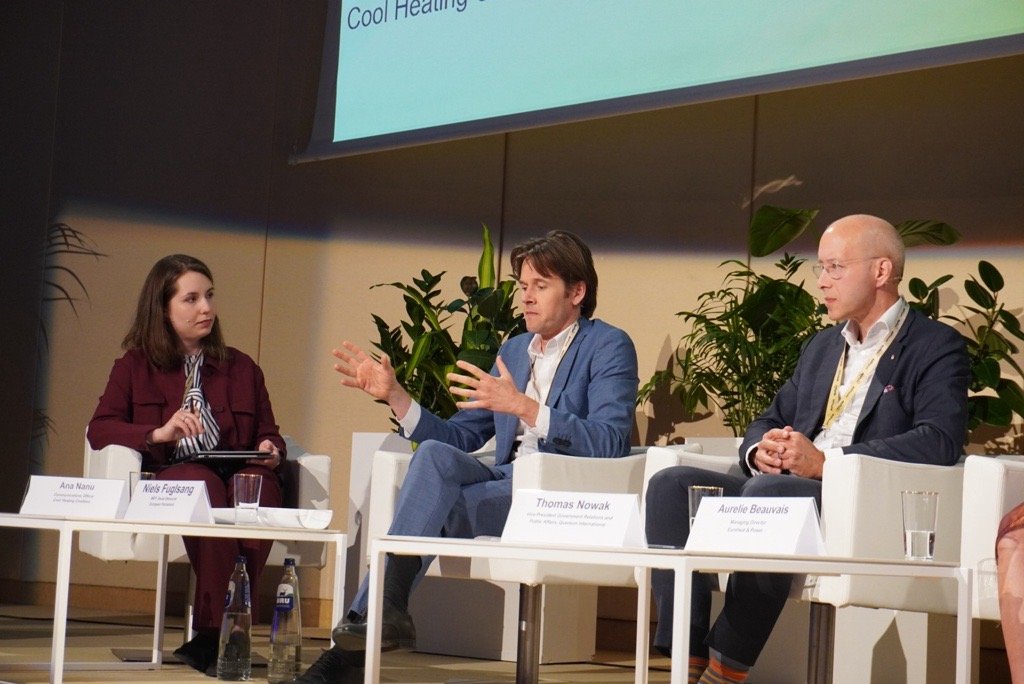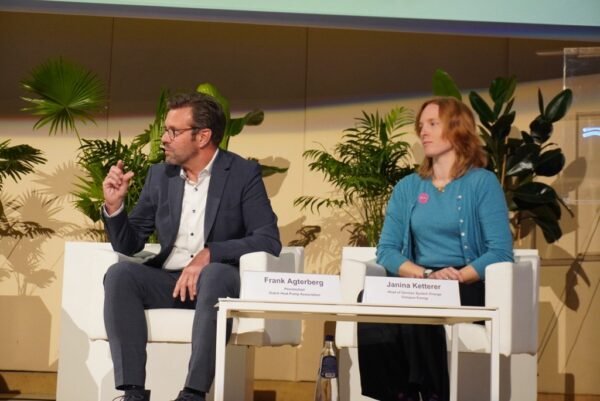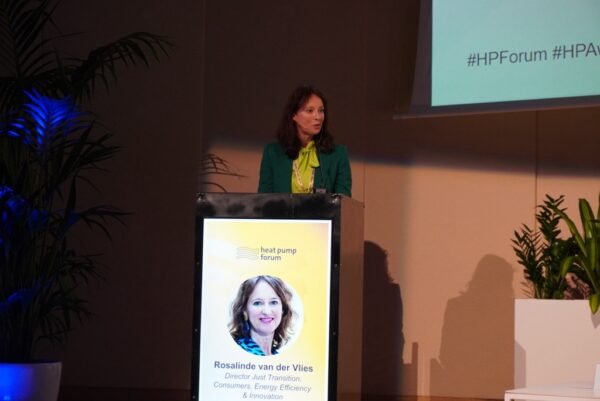The Heat Pump Forum 2025, held on 23–24 September, brought together stakeholders from EU institutions, industry, media, and finance to discuss the role of heat pumps in achieving Europe’s energy and climate goals. Key topics included scaling up installations, fair taxation, and improving public communication around clean heating.
To meet the EU’s target of 60 million installed heat pumps by 2030, around 28,000 units would need to be installed every working day—three times the current rate, according to data presented at the event. Scaling up heat pump deployment is seen as critical to reduce dependence on imported gas and fossil fuels.
The European Heat Pump Association (EHPA) highlighted that in eight of the 17 countries it assessed, electricity is taxed several times more than fossil fuels, making heat pumps less competitive. Poland and Belgium were noted as having particularly high electricity taxation levels. Adjusting this imbalance was cited as a key step to encourage heat pump adoption.
The upcoming Emissions Trading System 2 (ETS2), covering buildings and road transport, is expected to generate between €340 and €570 billion for EU governments by 2032. Of this, €87 billion will go to the Social Climate Fund, aimed at supporting vulnerable households. Forum speakers stressed that these funds should prioritize future-proof investments such as building renovations and clean technologies.
Participants also discussed the importance of stable policies and electricity prices for building a strong business case, including for industrial heat pumps, which could help decarbonize sectors currently reliant on natural gas. Germany was cited as a case where political debates over heating legislation have impacted market growth.
Installer engagement was another key theme. Retraining schemes that allow plumbers to become heat pump installers without income loss were proposed, along with the need to empower installers as trusted communicators to end-users.
Speakers emphasized that better communication is essential to counter misinformation about heat pumps. Approaches that connect users personally to the technology and tell relatable stories were encouraged.
Electricity grid capacity was also addressed. While increased electrification could strain grids, smart planning and the flexibility of heat pumps to shift demand can reduce system costs and stabilize power prices.
The event also featured the Heat Pump Awards ceremony, which showcased innovative projects supported by EU-funded EHPA initiatives. Around 300 participants attended the forum, which included networking sessions and live jazz entertainment.



